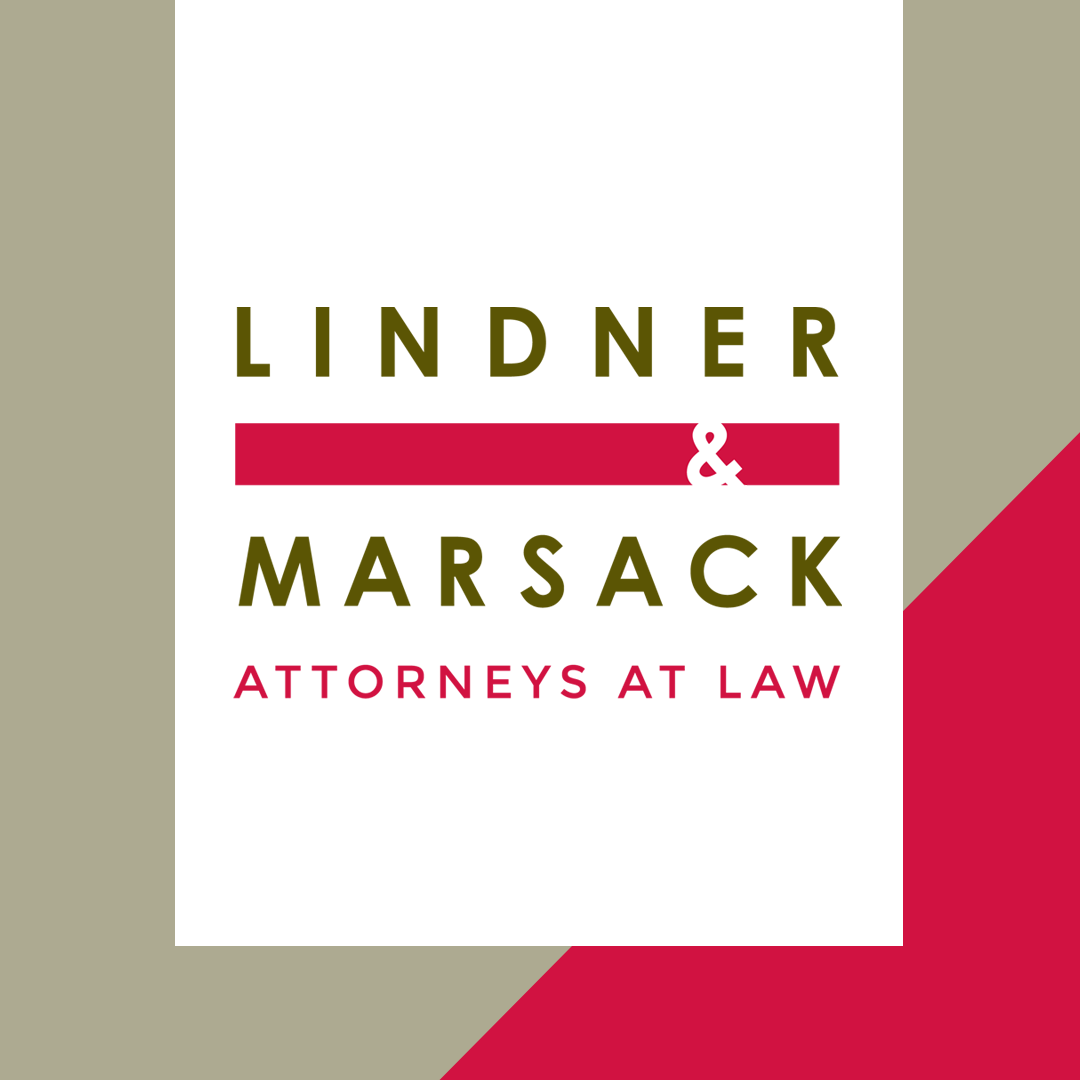By: Daniel M. Pedriana and Claudia R. Harke On August 28, 2018, District I of the Wisconsin Court of Appeals held that the Plaintiff was not entitled to further worker’s compensation benefits because her disability-causing surgery was not related to a compensable work injury. In Theresa Payton-Myrick v. LIRC, Theresa Payton-Myrick was diagnosed with […]

